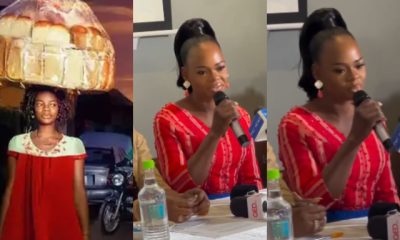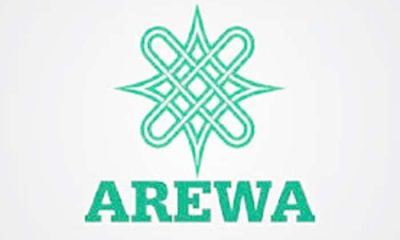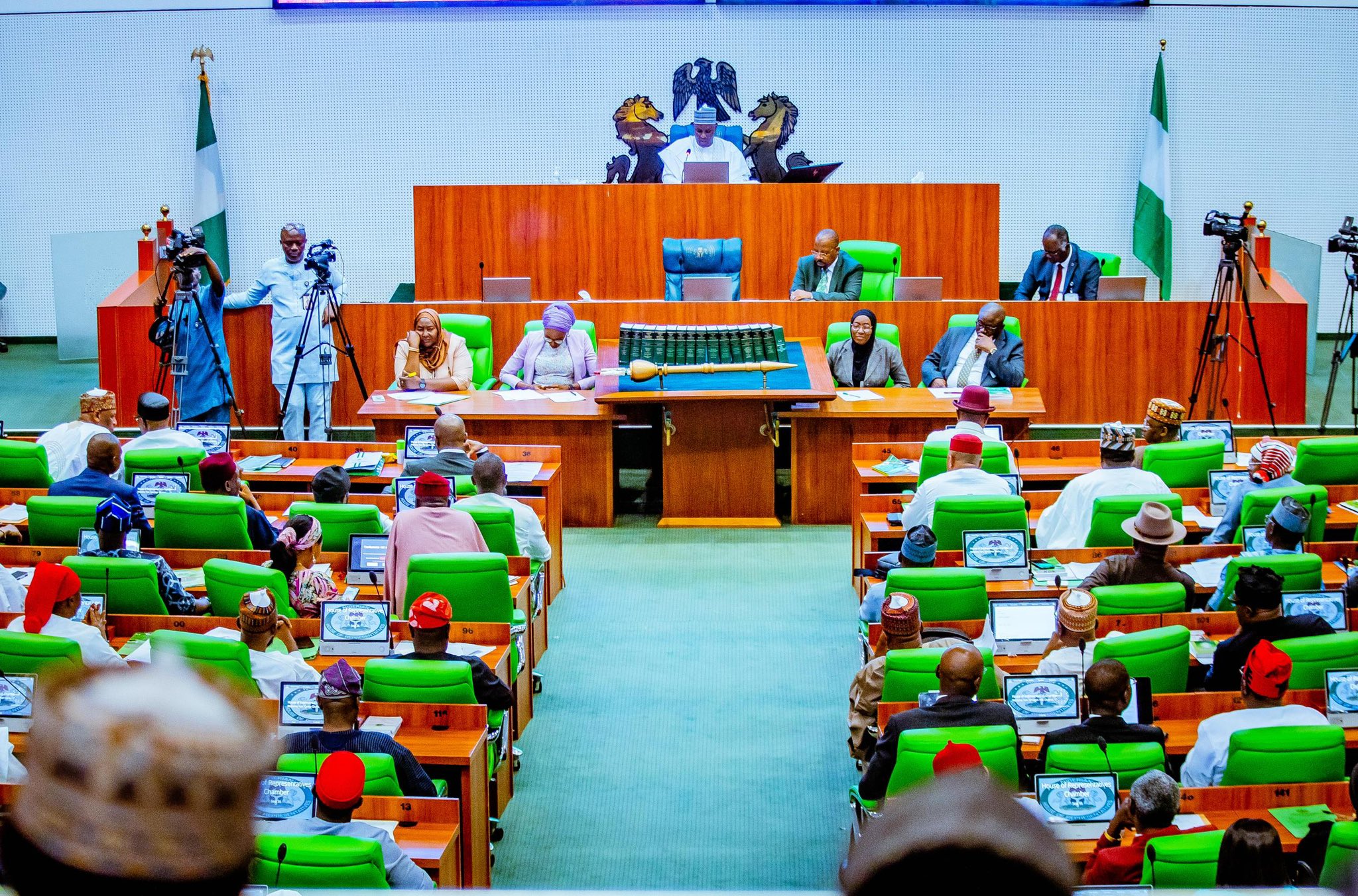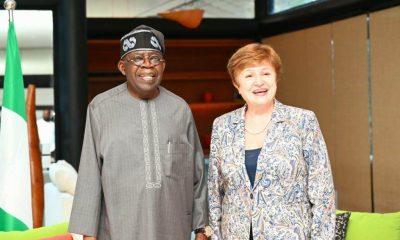Opinion
Weakest Vessel Or The Strongest Gender?
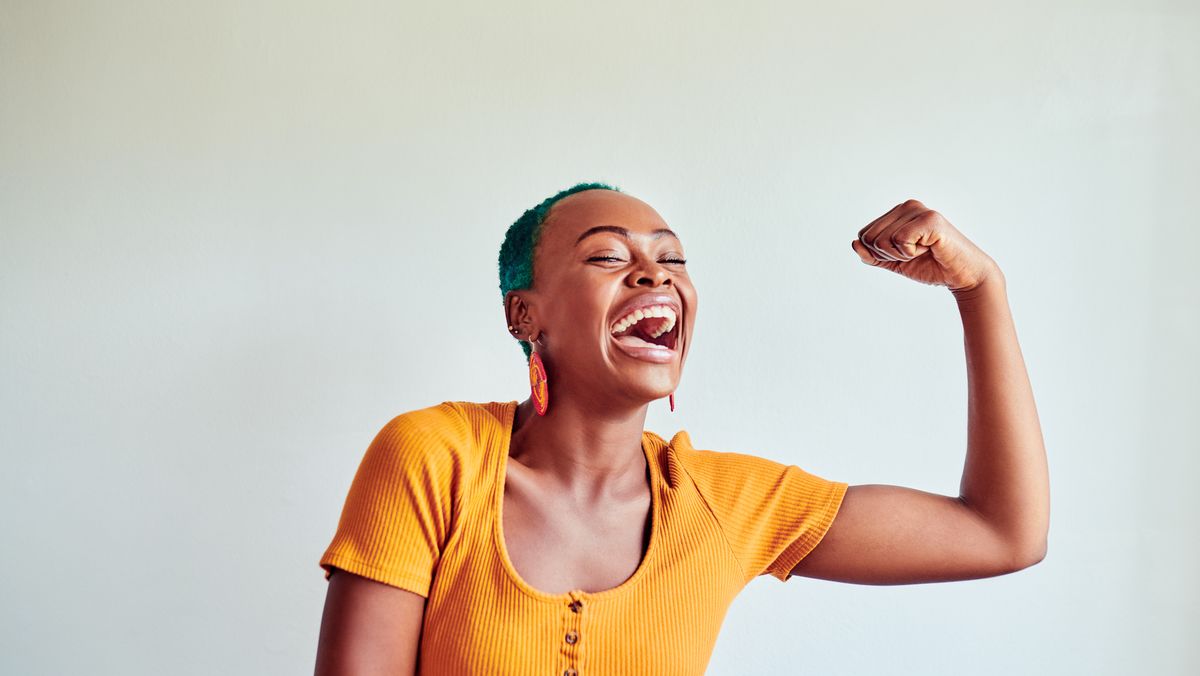
In the ongoing discussion about gender roles, one question stands out: “Weakest Vessel or the Strongest Gender?”
This inquiry stems from a biblical verse in 1 Peter 3:7, where the Apostle Peter instructs husbands to honour their wives as the “weaker vessel.”
This phrase has been controversially interpreted throughout history as suggesting women are universally weaker than men – physically, emotionally, or spiritually.
Editor’s Pick
- Admiring President Bola Tinubu’s Exemplary Leadership
- Cyriel Dessers Celebrates Milestone Goal, Wants More
- Oparanozie Urges NFF To Extend Care To Female Players
However, biblical scholars argue that in the cultural context of the time, Peter was likely referring to the physical vulnerability of women in a male-dominated society rather than making a sweeping statement about female weakness.
Despite this “weaker vessel” description, Peter upheld the equal spiritual worth of women, viewing them as “co-heirs of the grace of life” with men.
Nevertheless, this age-old characterization has been challenged and debated, exploring the complex roles and contributions of women, both positive and negative, in shaping societies across the globe.
This is particularly evident in Nigeria, where women have left a lasting impact on the world stage, showcasing their strength, resilience, and, at times, their capacity for harm.
A prime example is Ngozi Okonjo-Iweala, who made history in 2021 as the first woman and African to lead the World Trade Organization (WTO). Her unwavering dedication to economic reform and global trade has earned her international praise and respect.
During her tenure as Finance Minister of Nigeria from 2003 to 2006 and later from 2011 to 2015, Okonjo-Iweala spearheaded initiatives to combat corruption, improve transparency, and foster economic growth, earning her recognition as one of the world’s most influential people by TIME magazine.
Similarly, Chimamanda Ngozi Adichie, the renowned Nigerian author, has used her literary skills to amplify the voices of women, challenging traditional narratives and inspiring generations.
Her critically acclaimed novels, including “Purple Hibiscus,” “Half of a Yellow Sun,” and “Americanah,” have explored themes of feminism, identity, and the African diaspora experience, garnering numerous awards and accolades, including the prestigious MacArthur Foundation “Genius” Grant.
However, it would be remiss not to acknowledge the instances where women’s actions have caused significant harm. The Johnny Depp case serves as a stark reminder of the devastating consequences of unethical behavior.
Depp, a former Hollywood actor, was accused of domestic abuse by his ex-wife Amber Heard, leading to a major shift in the entertainment industry. As a result, Depp lost several high-profile roles, including his iconic character Captain Jack Sparrow in the Pirates of the Caribbean franchise.
He was also removed from the Fantastic Beasts film series. The fallout sparked a broader conversation about power dynamics and accountability. Notably, Depp sued Heard for defamation and was awarded $10.35 million in damages, while Heard was awarded $2 million in her countersuit.
Moreover, the highly publicized case of O.J. Simpson brought domestic violence and gender-based violence into the global spotlight. The brutal murder of Nicole Brown Simpson, allegedly by her former husband, football star O.J. Simpson, captivated audiences worldwide.
The subsequent police chase, which saw Simpson fleeing in his friend and former teammate Al Cowlings’ white Ford Bronco, became one of the most-watched live television events in history, with an estimated 95 million viewers tuning in.
The chase even disrupted the live broadcast of Game 5 of the 1994 NBA Finals between the New York Knicks and Houston Rockets, as networks switched coverage to follow the unfolding drama.
Notably, Simpson had initially taken refuge at the Kardashian home, as he was a friend of the family, and was expected to surrender to authorities, but instead fled with Cowlings, giving the Kardashians their first taste of fame. The trial that followed became a cultural phenomenon, highlighting the complexities of gender dynamics, domestic abuse, and the justice system’s response to such crimes.
Undeniably, the contributions of women, both positive and negative, underscore the intricate complexities of gender roles and societal expectations. While women like Okonjo-Iweala and Adichie have inspired and empowered countless individuals, others have perpetuated harmful cycles of abuse and exploitation.
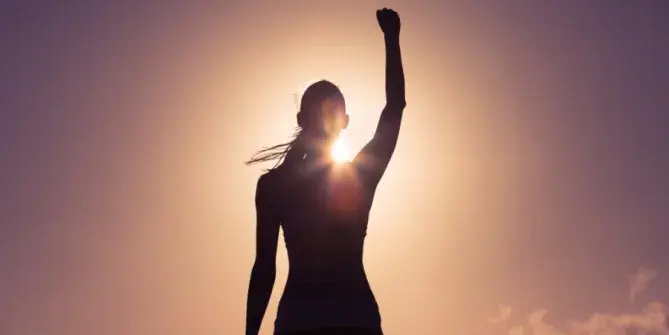
This duality challenges the notion of women as either the “weakest vessel” or the “strongest gender,” revealing the nuances and intersections of personal choices, societal influences, and systemic factors.
Furthermore, it is crucial to recognize that women’s actions and decisions are not made in isolation. Societal norms, cultural expectations, and systemic barriers often shape and influence their choices, both consciously and unconsciously. Consequently, a comprehensive understanding of women’s contributions necessitates an examination of the broader contexts in which they operate.
In conclusion, the question of whether women are the weakest or strongest gender doesn’t have a simple answer.
Women in Nigeria and around the world have shown they can achieve great things and also do harm. Their stories teach us that gender is complex and influenced by personal choices, societal expectations, and systemic barriers.
Further Reading:
- Ighodalo Denies Role In Shaibu’s Impeachment, Calls Allegation Spurious
- Bella Shmurda Opens Up On The Side Effects Of Smoking Weed
- Oyo LG Election: APC Raises Alarm, Threatens To Withdraw Candidates Over BVAS Controversy
As we navigate gender issues, we should recognize and appreciate women’s positive contributions while also acknowledging and addressing the harm they may cause. By understanding gender in a nuanced way, we can create a fairer and more just society for everyone.
Editor’s Note: The opinions expressed in this article are solely those of the reporter and do not represent the views of the Eko Hot Blog Management.
Click here to watch video of the week
Advertise or Publish a Story on EkoHot Blog:
Kindly contact us at [email protected]. Breaking stories should be sent to the above email and substantiated with pictorial evidence.
Citizen journalists will receive a token as data incentive.
Call or Whatsapp: 0803 561 7233, 0703 414 5611


